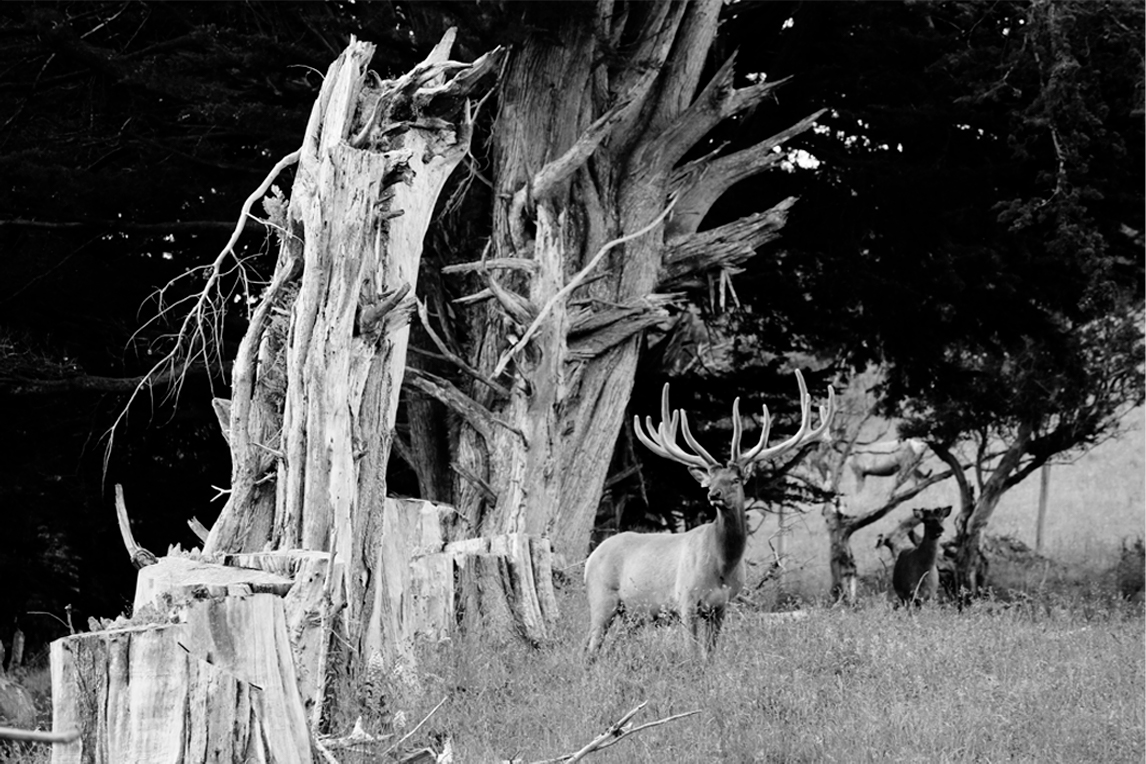Jun 7, 2024
Greenhouse Gas Emissions – someone should tell politicians it’s all hot air
DINZ Environmental Stewardship Manager Luka Jansen reports on a recent submission to the Climate Change Commission which advises the government on greenhouse gas reduction targets. For the record NZDFA also submitted in support of DINZ.
Last week on Friday, DINZ entered our joint submission, alongside Beef + Lamb NZ, to the Climate Change Commission (CCC) in response to their initial draft advice on three consultation documents:
- The 4th emissions budget (2036 – 2040);
- The 2050 emissions reduction target; and
- Whether emissions from international shipping and aviation should be included in the 2050 target.
The submission highlighted that our farmers are world leading, efficient producers of high-quality products. Right now, the only feasible way to reduce emissions behind the farm gate is to decrease animal numbers. The current emission targets, lack of mitigation tools, and the CCC’s recommendations threatens farmers’ ability to continue to produce food and sustainably farm into the future.
The submission acknowledges that our sector has a role to play in reducing emissions and warming of our atmosphere however the likely impacts from the CCC proposals will have far-reaching consequences for farmers and will go beyond the farm gate.
We strongly disagree with the recommendation to make the current emission reduction targets more ambitious. We advised that there are significant differences in our analysis and the CCC’s analysis on the emissions reductions. For example, the CCC’s current analysis and proposed settings vastly underestimates the impact of proposed levels of afforestation they are recommending on our sector.
Modelling the CCC used to inform the proposed 4th emissions budget (2036-2040) indicates it could be ‘realistically met’ by a 17% reduction in red meat production (relative to 2023 levels) by 2050. Our modelling of the CCC’s projected afforestation and reductions in stocking rates would lead to a 35% decline in red meat production by 2050, with an associated $30.8 billion loss in our exports revenues.
Therefore, we need to change current targets to:
- reflect the different warming impacts of greenhouse gas emissions,
- ensure different types of greenhouse gas emissions reductions have the same impact on the atmosphere (i.e. no additional warming),
- consider the equity and distributional impacts of the targets,
- Encourages gross reductions of long-lived gas emissions; and
- reflect the Paris Agreements prioritisation of food security and production.
Lastly, DINZ highlighted that New Zealand should not include international shipping and aviation in the 2050 emission targets. Doing so, would cause an unfair and unnecessary strain on the export economy and red meat products.
A full copy of the submission can be found here - Climate Change Commission Submission

